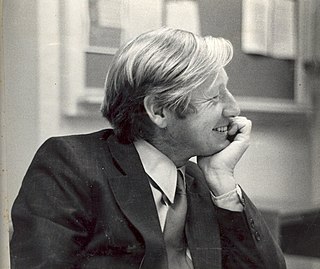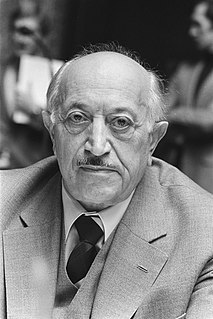A Quote by Patricia Hill Collins
Women gain social influence through their roles as mothers, transmitters of culture, and parents for the next generation.
Related Quotes
Mothers have not always had the most important role in their children's upbringing, when they had other economic roles to play. Inpast centuries, fathers were the key parent in the upbringing of the next generation, because moral training, not emotional sensitivity, was thought to be central to successful child-rearing. Mothers were thought to corrupt their little ones with too much affection and not enough stern training.
For me professionally as well I've built an incredible business that I'm very proud of that is my own brand and that is both creating incredible content to empower and inspire this next generation of working women through a digital platform, mainly through my website, ivankatrump.com, our email newsletters, and our social-media platforms.
Evolution is all about passing on the genome to the next generation, adapting and surviving through generation after generation. From an evolutionary point of view, you and I are like the booster rockets designed to send the genetic payload into the next level of orbit and then drop off into the sea.
Even today . . . experts, usually male, tell women how to be mothers and warn them that they should not have children if they have any intention of leaving their side in their early years. . . . Children don't need parents' full-time attendance or attention at any stage of their development. Many people will help take care of their needs, depending on who their parents are and how they chose to fulfill their roles.
Ideas about mothers have swung historically with the roles of women. When women were needed to work the fields or shops, experts claimed that children didn't need them much. Mothers, who might be too soft and sentimental, could even be bad for children's character development. But when men left home during the Industrial Revolution to work elsewhere, women were "needed" at home. The cult of domesticity and motherhood became a virtue that kept women in their place.
I sat down in 1989 and I made up my mind at that point that I was going to spend the rest of my life assisting women and youth to gain social and political empowerment through business and education. I convinced myself economic empowerment of women was going to be key, especially in a country like this where most women didn't go to school.


































